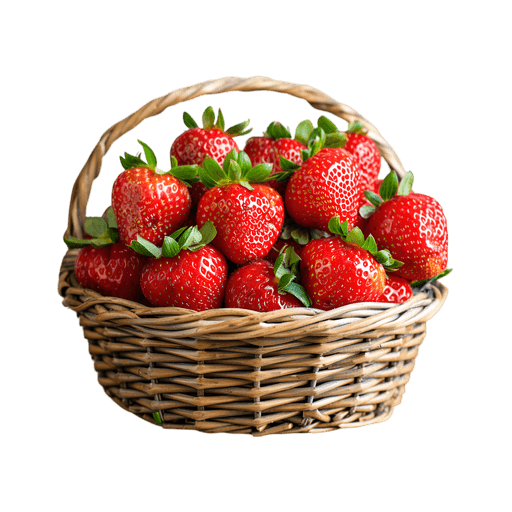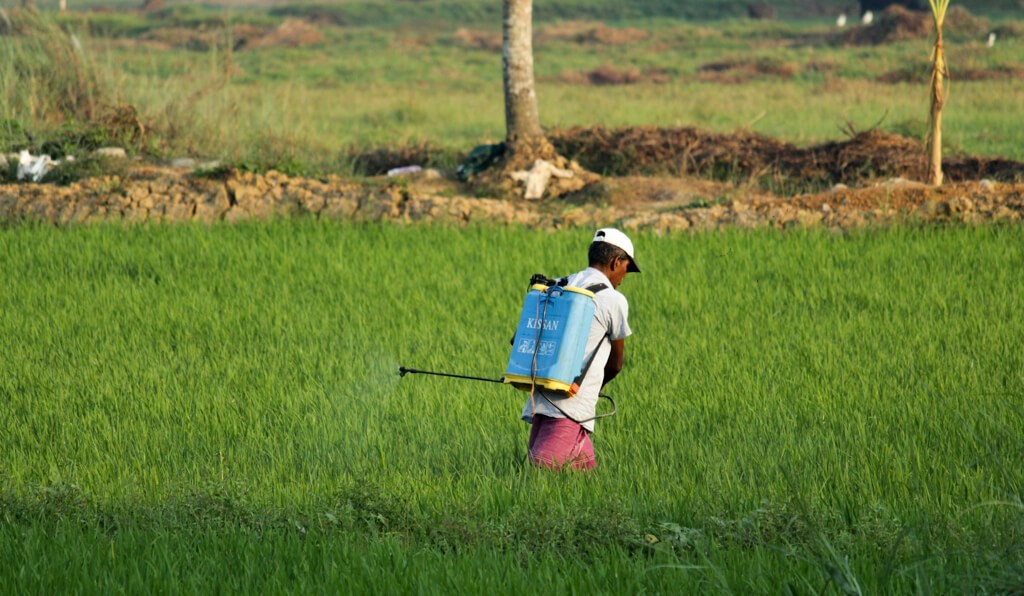Nov 28, 2024
Few human activities have changed the world's landscape and environment than farming. However, the way we grow food has put pressure on nature. The growing demand for food has polluted the water, soil, and air, thanks to excess pesticides and chemical sprays.
A couple of important questions come up. Can we drastically reduce or eliminate pesticides without compromising productivity? Is it possible to protect crops without harming nature?
Given the sheer scale of worldwide agricultural activities, it seems like a herculean task. Farmers and researchers are developing the tools and methods to make it happen.
Origins and use
Farmers often need to be savvy managers of the many resources they deal with. Among them are chemical fertilisers and pesticides. They're a recurring expense. The modern industrial agriculture system relies heavily on pesticides. However, they're not a modern invention. In 1939, dichlorodiphenyltrichloroethane (DDT) was discovered to be effective against agricultural and disease-carrying insects. It quickly gained popularity around the world.
As agriculture grew and became more industrialised, farmers came to rely heavily on pesticides for large-scale practices like monocropping, i.e., growing one crop in large quantities every season on the same land. Over time, the harmful effects of pesticides began to be more widely known. But why were they used in the first place?
Pesticides are used to ensure crops aren't damaged by insects or pests and to control disease carriers, such as mosquitoes, ticks, rats and mice. From a practical standpoint, pesticides save labour and generally provide a higher yield. It's the difference between saving one crop and losing it to disease.
If a farmer grows fruit trees, they're susceptible to diseases in certain regions, especially during the blossoming stage. For those who undertake large-scale farming, regular pesticide use is as much a part of the process as planting seeds. A farmer growing large quantities of wheat on acres of land might spray the crops with a weed killer.
Harmful effects
Pesticide use as a pest control method is reaching its limitations for two main reasons. Pests are becoming increasingly resistant to them, and the chemicals used in pesticides are harmful to the environment and our health.
For example, DDT was banned in the US following the publication of the 1962 book Silent Spring, which documented the detrimental effects of overusing pesticides. Their negative impacts have been highlighted since the 1960s. The first European regulations were enacted in the 1970s, but the European Union (EU) began extensively regulating pesticide use in the 1990s.
Pesticides sprayed on crops often leave a residue on dead plant material that settles into the soil. They also reach waterways or leach into groundwater and remain there for years. They bioaccumulate and persist in the environment for extended periods. It can contaminate water bodies in hilly regions and in the plains.
Even at supposedly "safe levels", pesticides have been shown to cause biodiversity loss, including a reduced population of beneficial insects, birds, and amphibians. Pesticide exposure has been linked to organ damage, birth defects, and developmental changes in a wide range of species.
The toxicity depends on their functions. For example, insecticides are more harmful to humans than herbicides. They're among the leading causes of death by self-poisoning, particularly in low and middle-income nations. Those most at risk are agricultural workers who apply pesticides and others in the immediate area.
Farming without pesticides
For several decades, reducing pesticide use has become a goal shared by countries. But how can farmers abandon something they've come to rely on for years? Increased awareness and education about the harmful effects of pesticides have taken hold, and farmers are increasingly looking to pesticide-free farming.
Ditching age-old farming practices and routines can be tricky, and many are sceptical that something like organic farming without using pesticides will yield the same quantity and quality of produce. There's also the fact many pesticides are often subsidised and provided on credit. But pesticide-free farming has obvious benefits:
Soil health is maintained since beneficial organisms like earthworms, which are vital in maintaining soil fertility, remain unharmed.
Pesticide-free farming produces high-quality crops that are free from chemical residue. They're more nutritious and have a longer shelf life.
It's highly compatible with indoor plant cultivation. There's inherently less risk and exposure to insects, pests, and diseases in an enclosed setting.
Consumers are more aware than ever of the harmful effects of pesticides on their health and the environment. They're willing to pay a premium for high-quality produce grown without pesticides.
Choosing a farming method depends on various social, economic, and cultural factors. Times are changing, and farmers and consumers alike are realising the importance of doing away with harmful chemicals in the food supply chain.
At Smart Grow Farms, we're all about sustainable and clean farming practices. We're helping shape the discussion on the importance of clean farming practices to ensure the health of people and the environment.
Get more Insights
Get the latest on health, sustainability, and farming, delivered right to your inbox.


